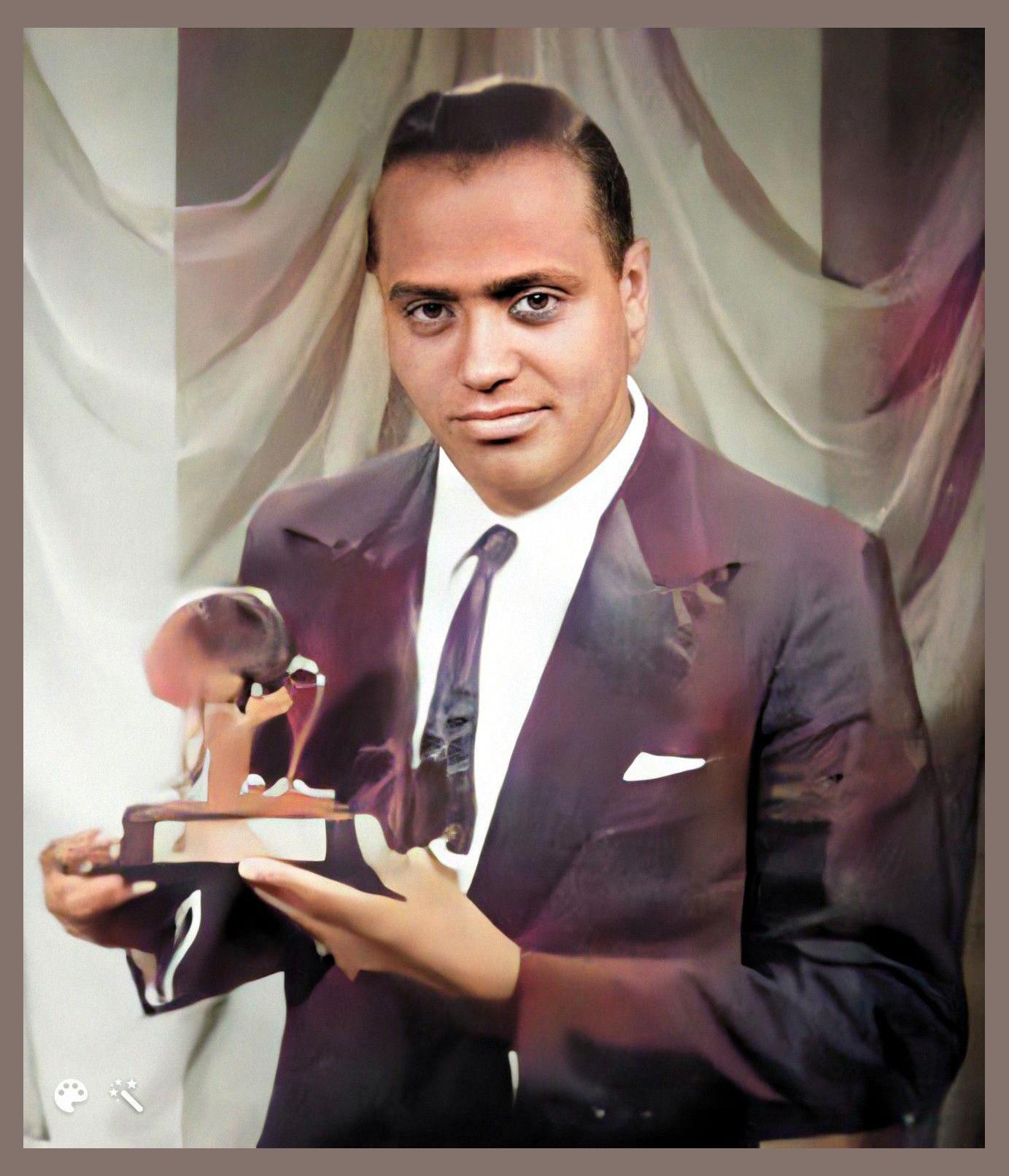 Carlos Gonzaga
Carlos Gonzaga
Carlos Gonzaga: The Ballad of "Diana"
Carlos Gonzaga, the enigmatic Brazilian singer-songwriter, left an indelible mark on the music world with his emotive ballad "Diana." Born into a humble family in Rio de Janeiro, Gonzaga's passion for music ignited at an early age.
Early Career and Struggles
Gonzaga's career began in the 1960s as a member of the influential samba group "Os Cinco Crioulos." However, his true breakthrough came with the release of "Diana" in 1971. The song became an instant sensation, its haunting melody and poignant lyrics resonating with listeners nationwide.
Despite the commercial success of "Diana," Gonzaga faced numerous challenges throughout his career. His outspoken political views and controversial relationships with the military dictatorship often drew criticism and censorship. Nevertheless, he remained steadfast in his artistry, using his music as a platform for social change.
Discography and Legacy
"Diana" became Gonzaga's signature song, but he also released several other albums that showcased his versatility as a musician. Among his most notable works are "Sentimental" (1973), "Amor de Verão" (1975), and "Músicas para Você" (1980).
Gonzaga's music continues to inspire and captivate audiences around the world. His ability to evoke raw emotions and explore universal themes has earned him a timeless place in the annals of Brazilian music.
Members and Collaborators
Carlos Gonzaga was a true bandleader, surrounded by a talented group of musicians who supported his vision. Notable members of his band included:
- Júlio César: Guitarist and musical director
- Serafim Costa: Percussionist and arranger
- Zé Luiz: Bassist and backing vocalist
- Jorge Salomão: Drummer and percussionist
Gonzaga also collaborated with many other renowned artists throughout his career, including Elis Regina, Chico Buarque, and Milton Nascimento.
Controversies and Influences
Gonzaga's provocative lyrics and outspoken nature often landed him in hot water with the authorities. His song "Quem Matou Eloá?" (1973), which criticized the killing of a homeless woman, was banned by the dictatorship.
Gonzaga's music was influenced by a wide range of genres, including samba, bossa nova, and rock. His unique blend of traditional Brazilian rhythms with modern musical elements created a sound that was both familiar and innovative.
Later Years and Legacy
In his later years, Gonzaga continued to perform and record music. He remained a beloved figure in the Brazilian music scene until his untimely death in 1993 at the age of 53.
Carlos Gonzaga's music continues to live on, inspiring generations of musicians and captivating listeners with its timeless themes and emotional depth. His legacy as a brilliant singer-songwriter and a fearless advocate for social justice is secure.
Carlos Gonzaga, the enigmatic Brazilian singer-songwriter, left an indelible mark on the music world with his emotive ballad "Diana." Born into a humble family in Rio de Janeiro, Gonzaga's passion for music ignited at an early age.
Early Career and Struggles
Gonzaga's career began in the 1960s as a member of the influential samba group "Os Cinco Crioulos." However, his true breakthrough came with the release of "Diana" in 1971. The song became an instant sensation, its haunting melody and poignant lyrics resonating with listeners nationwide.
Despite the commercial success of "Diana," Gonzaga faced numerous challenges throughout his career. His outspoken political views and controversial relationships with the military dictatorship often drew criticism and censorship. Nevertheless, he remained steadfast in his artistry, using his music as a platform for social change.
Discography and Legacy
"Diana" became Gonzaga's signature song, but he also released several other albums that showcased his versatility as a musician. Among his most notable works are "Sentimental" (1973), "Amor de Verão" (1975), and "Músicas para Você" (1980).
Gonzaga's music continues to inspire and captivate audiences around the world. His ability to evoke raw emotions and explore universal themes has earned him a timeless place in the annals of Brazilian music.
Members and Collaborators
Carlos Gonzaga was a true bandleader, surrounded by a talented group of musicians who supported his vision. Notable members of his band included:
- Júlio César: Guitarist and musical director
- Serafim Costa: Percussionist and arranger
- Zé Luiz: Bassist and backing vocalist
- Jorge Salomão: Drummer and percussionist
Gonzaga also collaborated with many other renowned artists throughout his career, including Elis Regina, Chico Buarque, and Milton Nascimento.
Controversies and Influences
Gonzaga's provocative lyrics and outspoken nature often landed him in hot water with the authorities. His song "Quem Matou Eloá?" (1973), which criticized the killing of a homeless woman, was banned by the dictatorship.
Gonzaga's music was influenced by a wide range of genres, including samba, bossa nova, and rock. His unique blend of traditional Brazilian rhythms with modern musical elements created a sound that was both familiar and innovative.
Later Years and Legacy
In his later years, Gonzaga continued to perform and record music. He remained a beloved figure in the Brazilian music scene until his untimely death in 1993 at the age of 53.
Carlos Gonzaga's music continues to live on, inspiring generations of musicians and captivating listeners with its timeless themes and emotional depth. His legacy as a brilliant singer-songwriter and a fearless advocate for social justice is secure.